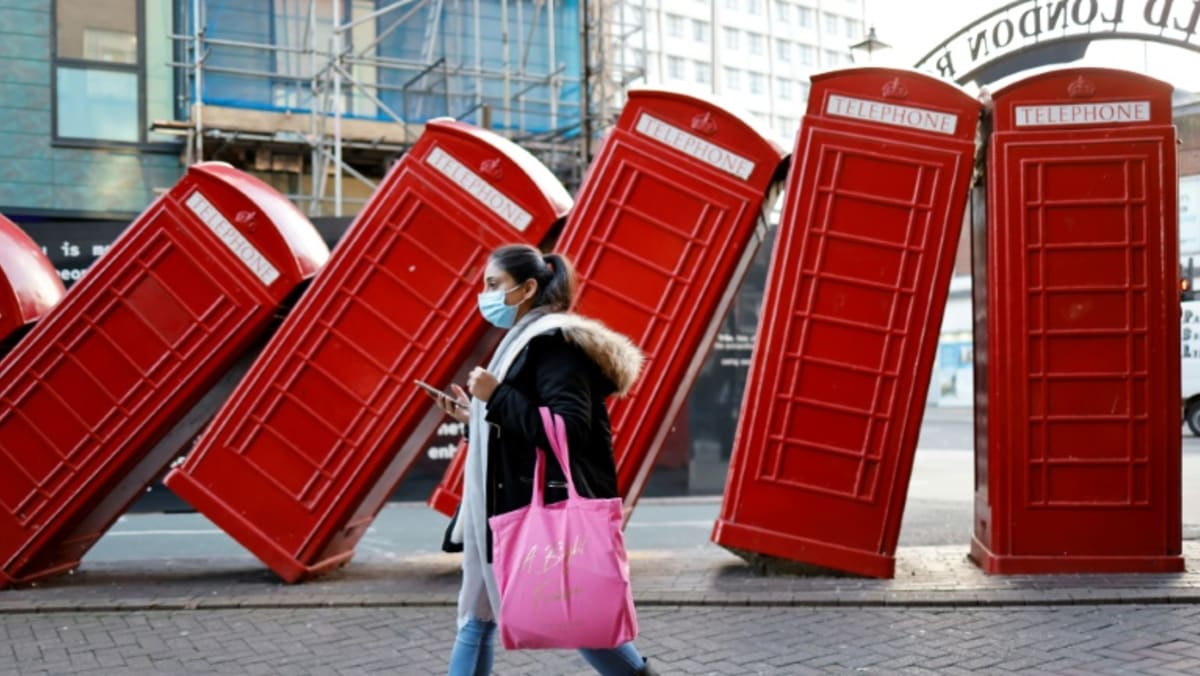Half of Europe on track to catch Omicron, world economy at risk
“PERMANENT SCAR ON DEVELOPMENT”
The World Bank, meanwhile, predicted global economic growth will decelerate in 2022 as Omicron risks exacerbating labour shortages and supply chain snarls.
In its latest Global Economic Prospects report, it cut its forecast for world economic growth this year to 4.1 per cent after the 5.5 per cent rebound last year.
World Bank President David Malpass said the pandemic could leave a “permanent scar on development” as poverty, nutrition and health indicators move in the wrong direction.
The warnings came exactly two years after the announcement of the first person dying of a virus only later identified as COVID-19 – a 61-year-old man in Wuhan, China, where the illness was first detected.
Since Jan 11, 2020, known fatalities in the pandemic have soared to nearly 5.5 million.
China largely tamed its initial outbreak using lockdowns, border closures and mass testing, but flare-ups in some major cities are testing that zero-COVID strategy just weeks before the Beijing Winter Olympics.
The city of Anyang in Henan province on Monday night told its 5 million residents not to leave their homes or drive cars on the roads, China’s official Xinhua news agency said.
The cities of Yuzhou and Xi’an have also entered strict lockdowns.
Hong Kong, which already has some of the toughest coronavirus border restrictions in the world, on Tuesday shut kindergartens and primary schools until early February to fight an Omicron outbreak.
And Japan extended until the end of next month a strict COVID-19 border policy that bars almost all new foreign foreign arrivals.
UNEQUAL VACCINE ACCESS
The World Economic Forum warned that the widening gap in unequal access to vaccines could create a poisonous legacy of resentment,making it harder to reach agreements on global issues such as climate change.
“A greater prevalence of COVID-19 in low-vaccination countries than in high-vaccination ones will weigh on worker availability and productivity, disrupt supply chains and weaken consumption,” WEF said.
The polarising nature of the COVID-19 came into sharp focus last week when Australia cancelled the visa of the world’s top men’s tennis player over COVID-19 shot requirements.
The unjabbed, vaccine-sceptic Novak Djokovic won a legal challenge against the government on Monday, but Australia’s immigration minister reserves the right to cancel his visa again as the Serbian aims to defend his Australian Open title.
In France, unions say three out of four teachers plan to strike on Thursday against the government’s shifting rules on COVID-19 testing for students, forcing half the country’s primary schools to close.
And Bolivia’s vice president David Choquehuanca, who touts indigenous treatments for COVID-19, has contracted the virus for a third time, the government announced.
Mexican President Andres Manuel Lopez Obrador said he had caught it for a second time.
For all the latest world News Click Here

